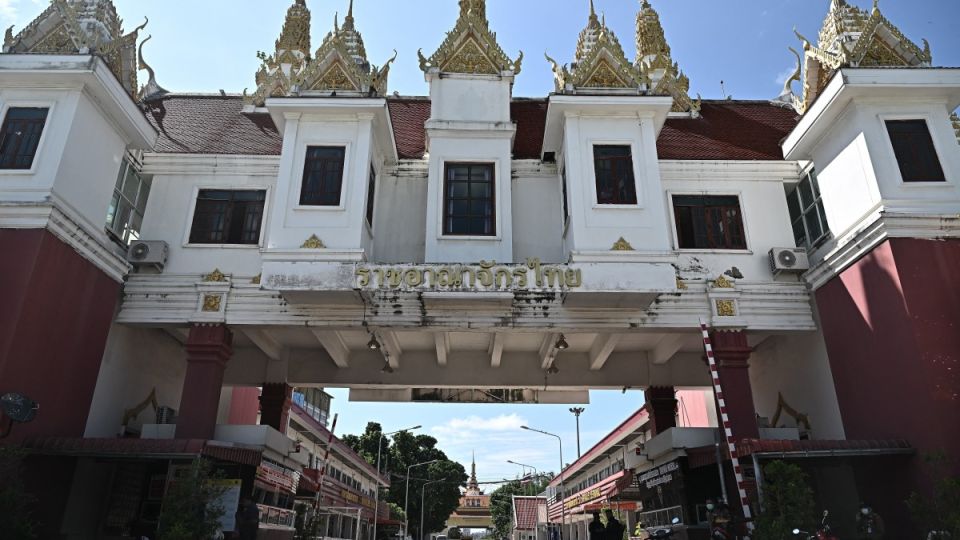July 2, 2025
PHNOM PENH – In recent months, the Ministry of Information has recorded a significant spike in fake news, particularly surrounding the Cambodian-Thai border issue.
According to the ministry’s Anti-Fake News Committee, the second quarter of the year saw a sharp increase in fake news linked to the ongoing border dispute that began in late May.
While the first half of the year saw a total of approximately 1,800 cases of fake news across all sectors, the second quarter alone recorded more than 180 cases specifically related to the Cambodian-Thai border.
“This is the highest number of fake news incidents on the border issue ever recorded,” said ministry spokesperson Tep Asnarith.
He added that some of the fake content was generated using AI technology, including voice cloning of Cambodian leaders, impersonations of state institutions and individuals, and manipulated images — accounting for more than 10 known cases.
“These forms of disinformation are used for fraud, deception, and political or economic manipulation,” Asnarith explained.
“They infringe on the rights, dignity and privacy of individuals and leaders, and pose serious risks to national integrity,” he added.
He warned that such unethical and unprofessional practices exacerbate an already sensitive and complex situation, undermining the Royal Government of Cambodia’s efforts to resolve the crisis.
The fallout, he said, not only disrupts state leadership and governance but also threatens the daily lives and livelihoods of citizens in both Cambodia and Thailand.
The unchecked dissemination of unverified, exaggerated or distorted information poses a grave threat to national security and endangers the lives of law enforcement officials tasked with protecting the border.
It also risks inflaming tensions, fostering discrimination and damaging bilateral relations between the two neighbouring Kingdoms.
Amid the crisis, Asnarith emphasised that journalists — both domestic and international — must exercise heightened responsibility.
He urged media professionals to avoid sensationalism, rumours or biased reporting, and to ensure their coverage is accurate, balanced and based on credible sources.
“Journalists must help restore calm by reporting with integrity, accuracy and impartiality,” he said.
“They should rely only on official sources from relevant ministries and authorities — especially when covering issues related to national security or military affairs,” he added.
He concluded by calling on all media practitioners, including citizen journalists and social media content creators, to uphold professional ethics and act with responsibility, patriotism and a commitment to the national interest.


